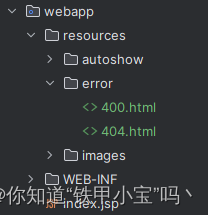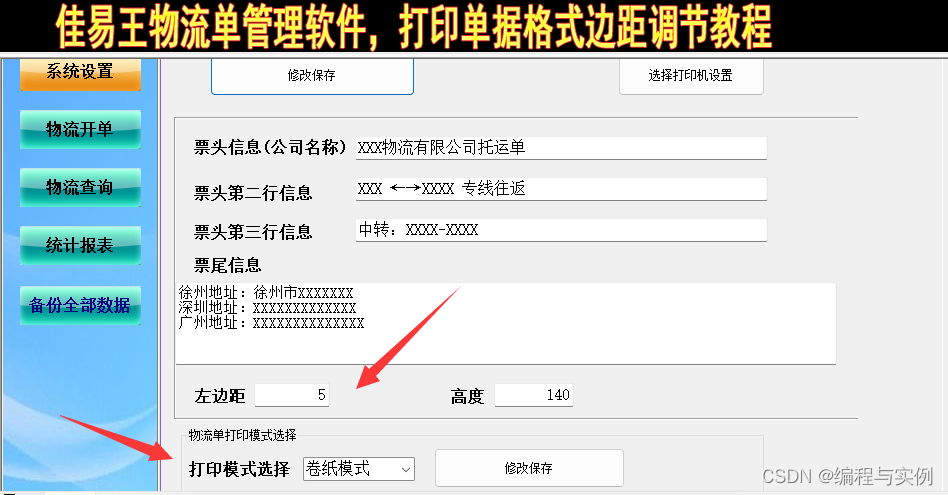IPv4NumToString(num)
将数字类型ip转换为IPv4格式。
Takes a UInt32 number. Interprets it as an IPv4 address in big endian. Returns a string containing the corresponding IPv4 address in the format A.B.C.d (dot-separated numbers in decimal form).
Alias: INET_NTOA.
IPv4StringToNum(s)
将IPv4转换为数字。
The reverse function of IPv4NumToString. If the IPv4 address has an invalid format, it throws exception.
Alias: INET_ATON.
IPv4StringToNumOrDefault(s)
Same as IPv4StringToNum, but if the IPv4 address has an invalid format, it returns 0.
IPv4StringToNumOrNull(s)
Same as IPv4StringToNum, but if the IPv4 address has an invalid format, it returns null.
IPv4NumToStringClassC(num)
Similar to IPv4NumToString, but using xxx instead of the last octet.
Example:
SELECT
IPv4NumToStringClassC(ClientIP) AS k,
count() AS c
FROM test.hits
GROUP BY k
ORDER BY c DESC
LIMIT 10
┌─k──────────────┬─────c─┐
│ 83.149.9.xxx │ 26238 │
│ 217.118.81.xxx │ 26074 │
│ 213.87.129.xxx │ 25481 │
│ 83.149.8.xxx │ 24984 │
│ 217.118.83.xxx │ 22797 │
│ 78.25.120.xxx │ 22354 │
│ 213.87.131.xxx │ 21285 │
│ 78.25.121.xxx │ 20887 │
│ 188.162.65.xxx │ 19694 │
│ 83.149.48.xxx │ 17406 │
└────────────────┴───────┘
Since using ‘xxx’ is highly unusual, this may be changed in the future. We recommend that you do not rely on the exact format of this fragment.
IPv6NumToString(x)
Accepts a FixedString(16) value containing the IPv6 address in binary format. Returns a string containing this address in text format. IPv6-mapped IPv4 addresses are output in the format ::ffff:111.222.33.44.
Alias: INET6_NTOA.
Examples:
SELECT IPv6NumToString(toFixedString(unhex('2A0206B8000000000000000000000011'), 16)) AS addr;
┌─addr─────────┐
│ 2a02:6b8::11 │
└──────────────┘
SELECT
IPv6NumToString(ClientIP6 AS k),
count() AS c
FROM hits_all
WHERE EventDate = today() AND substring(ClientIP6, 1, 12) != unhex('00000000000000000000FFFF')
GROUP BY k
ORDER BY c DESC
LIMIT 10
┌─IPv6NumToString(ClientIP6)──────────────┬─────c─┐
│ 2a02:2168:aaa:bbbb::2 │ 24695 │
│ 2a02:2698:abcd:abcd:abcd:abcd:8888:5555 │ 22408 │
│ 2a02:6b8:0:fff::ff │ 16389 │
│ 2a01:4f8:111:6666::2 │ 16016 │
│ 2a02:2168:888:222::1 │ 15896 │
│ 2a01:7e00::ffff:ffff:ffff:222 │ 14774 │
│ 2a02:8109:eee:ee:eeee:eeee:eeee:eeee │ 14443 │
│ 2a02:810b:8888:888:8888:8888:8888:8888 │ 14345 │
│ 2a02:6b8:0:444:4444:4444:4444:4444 │ 14279 │
│ 2a01:7e00::ffff:ffff:ffff:ffff │ 13880 │
└─────────────────────────────────────────┴───────┘
SELECT
IPv6NumToString(ClientIP6 AS k),
count() AS c
FROM hits_all
WHERE EventDate = today()
GROUP BY k
ORDER BY c DESC
LIMIT 10
┌─IPv6NumToString(ClientIP6)─┬──────c─┐
│ ::ffff:94.26.111.111 │ 747440 │
│ ::ffff:37.143.222.4 │ 529483 │
│ ::ffff:5.166.111.99 │ 317707 │
│ ::ffff:46.38.11.77 │ 263086 │
│ ::ffff:79.105.111.111 │ 186611 │
│ ::ffff:93.92.111.88 │ 176773 │
│ ::ffff:84.53.111.33 │ 158709 │
│ ::ffff:217.118.11.22 │ 154004 │
│ ::ffff:217.118.11.33 │ 148449 │
│ ::ffff:217.118.11.44 │ 148243 │
└────────────────────────────┴────────┘
IPv6StringToNum
The reverse function of IPv6NumToString. If the IPv6 address has an invalid format, it throws exception.
If the input string contains a valid IPv4 address, returns its IPv6 equivalent. HEX can be uppercase or lowercase.
Alias: INET6_ATON.
Syntax
IPv6StringToNum(string)
Argument
string— IP address. String.
Returned value
- IPv6 address in binary format.
Type: FixedString(16).
Example
Query:
SELECT addr, cutIPv6(IPv6StringToNum(addr), 0, 0) FROM (SELECT ['notaddress', '127.0.0.1', '1111::ffff'] AS addr) ARRAY JOIN addr;
Result:
┌─addr───────┬─cutIPv6(IPv6StringToNum(addr), 0, 0)─┐
│ notaddress │ :: │
│ 127.0.0.1 │ ::ffff:127.0.0.1 │
│ 1111::ffff │ 1111::ffff │
└────────────┴──────────────────────────────────────┘
See Also
IPv6StringToNumOrDefault(s)
Same as IPv6StringToNum, but if the IPv6 address has an invalid format, it returns 0.
IPv6StringToNumOrNull(s)
Same as IPv6StringToNum, but if the IPv6 address has an invalid format, it returns null.
IPv4ToIPv6(x)
Takes a UInt32 number. Interprets it as an IPv4 address in big endian. Returns a FixedString(16) value containing the IPv6 address in binary format. Examples:
SELECT IPv6NumToString(IPv4ToIPv6(IPv4StringToNum('192.168.0.1'))) AS addr;
┌─addr───────────────┐
│ ::ffff:192.168.0.1 │
└────────────────────┘
cutIPv6(x, bytesToCutForIPv6, bytesToCutForIPv4)
Accepts a FixedString(16) value containing the IPv6 address in binary format. Returns a string containing the address of the specified number of bytes removed in text format. For example:
WITH
IPv6StringToNum('2001:0DB8:AC10:FE01:FEED:BABE:CAFE:F00D') AS ipv6,
IPv4ToIPv6(IPv4StringToNum('192.168.0.1')) AS ipv4
SELECT
cutIPv6(ipv6, 2, 0),
cutIPv6(ipv4, 0, 2)
┌─cutIPv6(ipv6, 2, 0)─────────────────┬─cutIPv6(ipv4, 0, 2)─┐
│ 2001:db8:ac10:fe01:feed:babe:cafe:0 │ ::ffff:192.168.0.0 │
└─────────────────────────────────────┴─────────────────────┘
IPv4CIDRToRange(ipv4, Cidr),
Accepts an IPv4 and an UInt8 value containing the CIDR. Return a tuple with two IPv4 containing the lower range and the higher range of the subnet.
SELECT IPv4CIDRToRange(toIPv4('192.168.5.2'), 16);
┌─IPv4CIDRToRange(toIPv4('192.168.5.2'), 16)─┐
│ ('192.168.0.0','192.168.255.255') │
└────────────────────────────────────────────┘
IPv6CIDRToRange(ipv6, Cidr),
Accepts an IPv6 and an UInt8 value containing the CIDR. Return a tuple with two IPv6 containing the lower range and the higher range of the subnet.
SELECT IPv6CIDRToRange(toIPv6('2001:0db8:0000:85a3:0000:0000:ac1f:8001'), 32);
┌─IPv6CIDRToRange(toIPv6('2001:0db8:0000:85a3:0000:0000:ac1f:8001'), 32)─┐
│ ('2001:db8::','2001:db8:ffff:ffff:ffff:ffff:ffff:ffff') │
└────────────────────────────────────────────────────────────────────────┘
toIPv4(string)
An alias to IPv4StringToNum() that takes a string form of IPv4 address and returns value of IPv4 type, which is binary equal to value returned by IPv4StringToNum().
WITH
'171.225.130.45' as IPv4_string
SELECT
toTypeName(IPv4StringToNum(IPv4_string)),
toTypeName(toIPv4(IPv4_string))
┌─toTypeName(IPv4StringToNum(IPv4_string))─┬─toTypeName(toIPv4(IPv4_string))─┐
│ UInt32 │ IPv4 │
└──────────────────────────────────────────┴─────────────────────────────────┘
WITH
'171.225.130.45' as IPv4_string
SELECT
hex(IPv4StringToNum(IPv4_string)),
hex(toIPv4(IPv4_string))
┌─hex(IPv4StringToNum(IPv4_string))─┬─hex(toIPv4(IPv4_string))─┐
│ ABE1822D │ ABE1822D │
└───────────────────────────────────┴──────────────────────────┘
toIPv4OrDefault(string)
Same as toIPv4, but if the IPv4 address has an invalid format, it returns 0.0.0.0 (0 IPv4).
toIPv4OrNull(string)
Same as toIPv4, but if the IPv4 address has an invalid format, it returns null.
toIPv6OrDefault(string)
Same as toIPv6, but if the IPv6 address has an invalid format, it returns :: (0 IPv6).
toIPv6OrNull(string)
Same as toIPv6, but if the IPv6 address has an invalid format, it returns null.
toIPv6
Converts a string form of IPv6 address to IPv6 type. If the IPv6 address has an invalid format, returns an empty value. Similar to IPv6StringToNum function, which converts IPv6 address to binary format.
If the input string contains a valid IPv4 address, then the IPv6 equivalent of the IPv4 address is returned.
Syntax
toIPv6(string)
Argument
string— IP address. String
Returned value
- IP address.
Type: IPv6.
Examples
Query:
WITH '2001:438:ffff::407d:1bc1' AS IPv6_string
SELECT
hex(IPv6StringToNum(IPv6_string)),
hex(toIPv6(IPv6_string));
Result:
┌─hex(IPv6StringToNum(IPv6_string))─┬─hex(toIPv6(IPv6_string))─────────┐
│ 20010438FFFF000000000000407D1BC1 │ 20010438FFFF000000000000407D1BC1 │
└───────────────────────────────────┴──────────────────────────────────┘
Query:
SELECT toIPv6('127.0.0.1');
Result:
┌─toIPv6('127.0.0.1')─┐
│ ::ffff:127.0.0.1 │
└─────────────────────┘
IPv6StringToNumOrDefault(s)
Same as toIPv6, but if the IPv6 address has an invalid format, it returns 0.
IPv6StringToNumOrNull(s)
Same as toIPv6, but if the IPv6 address has an invalid format, it returns null.
isIPv4String
Determines whether the input string is an IPv4 address or not. If string is IPv6 address returns 0.
Syntax
isIPv4String(string)
Arguments
string— IP address. String.
Returned value
1ifstringis IPv4 address,0otherwise.
Type: UInt8.
Examples
Query:
SELECT addr, isIPv4String(addr) FROM ( SELECT ['0.0.0.0', '127.0.0.1', '::ffff:127.0.0.1'] AS addr ) ARRAY JOIN addr;
Result:
┌─addr─────────────┬─isIPv4String(addr)─┐
│ 0.0.0.0 │ 1 │
│ 127.0.0.1 │ 1 │
│ ::ffff:127.0.0.1 │ 0 │
└──────────────────┴────────────────────┘
isIPv6String
Determines whether the input string is an IPv6 address or not. If string is IPv4 address returns 0.
Syntax
isIPv6String(string)
Arguments
string— IP address. String.
Returned value
1ifstringis IPv6 address,0otherwise.
Type: UInt8.
Examples
Query:
SELECT addr, isIPv6String(addr) FROM ( SELECT ['::', '1111::ffff', '::ffff:127.0.0.1', '127.0.0.1'] AS addr ) ARRAY JOIN addr;
Result:
┌─addr─────────────┬─isIPv6String(addr)─┐
│ :: │ 1 │
│ 1111::ffff │ 1 │
│ ::ffff:127.0.0.1 │ 1 │
│ 127.0.0.1 │ 0 │
└──────────────────┴────────────────────┘
isIPAddressInRange
Determines if an IP address is contained in a network represented in the CIDR notation. Returns 1 if true, or 0 otherwise.
Syntax
isIPAddressInRange(address, prefix)
This function accepts both IPv4 and IPv6 addresses (and networks) represented as strings. It returns 0 if the IP version of the address and the CIDR don't match.
Arguments
Returned value
1or0.
Type: UInt8.
Example
Query:
SELECT isIPAddressInRange('127.0.0.1', '127.0.0.0/8');
Result:
┌─isIPAddressInRange('127.0.0.1', '127.0.0.0/8')─┐
│ 1 │
└────────────────────────────────────────────────┘
Query:
SELECT isIPAddressInRange('127.0.0.1', 'ffff::/16');
Result:
┌─isIPAddressInRange('127.0.0.1', 'ffff::/16')─┐
│ 0 │
└──────────────────────────────────────────────┘
Query:
SELECT isIPAddressInRange('::ffff:192.168.0.1', '::ffff:192.168.0.4/128');
Result:
┌─isIPAddressInRange('::ffff:192.168.0.1', '::ffff:192.168.0.4/128')─┐
│ 0 │
└────────────────────────────────────────────────────────────────────┘

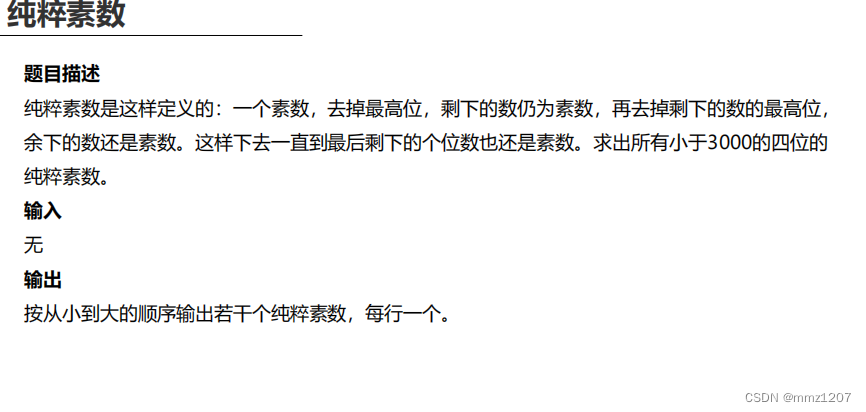

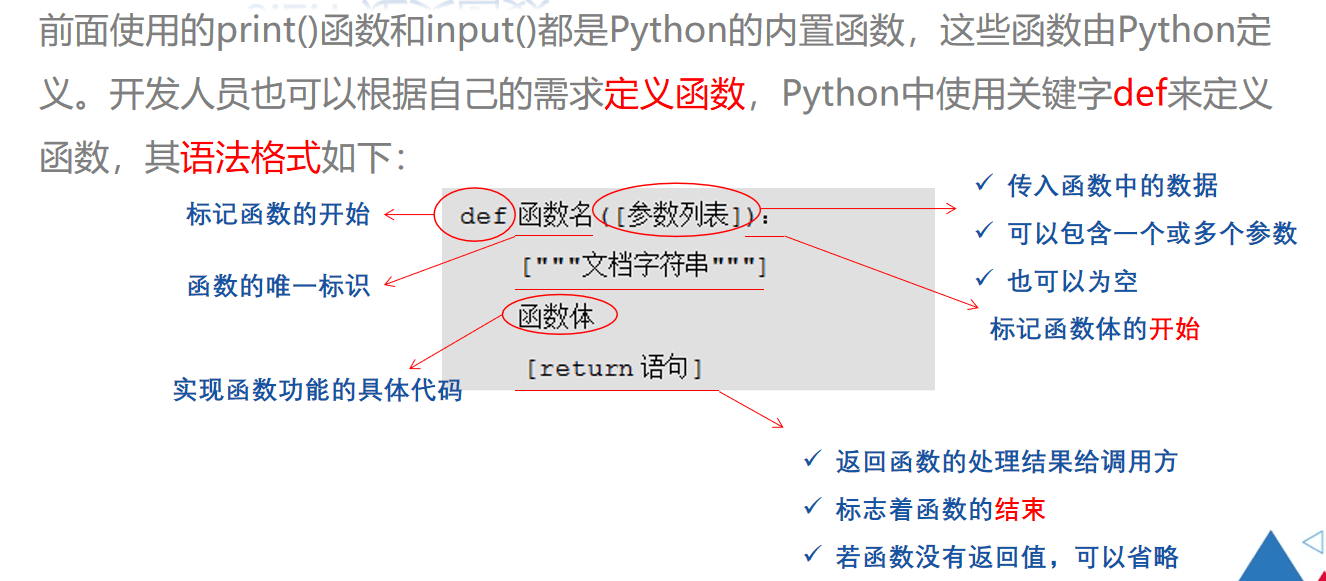
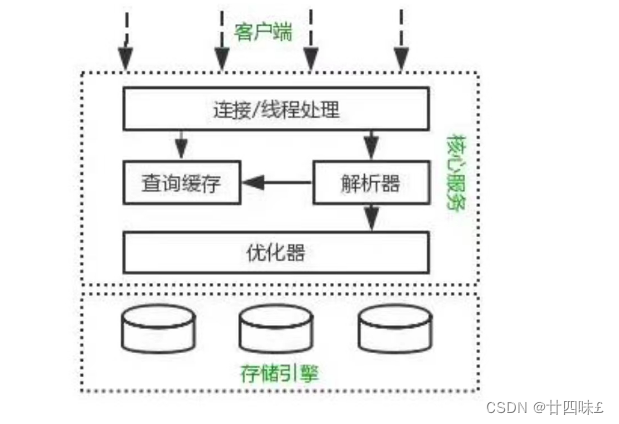
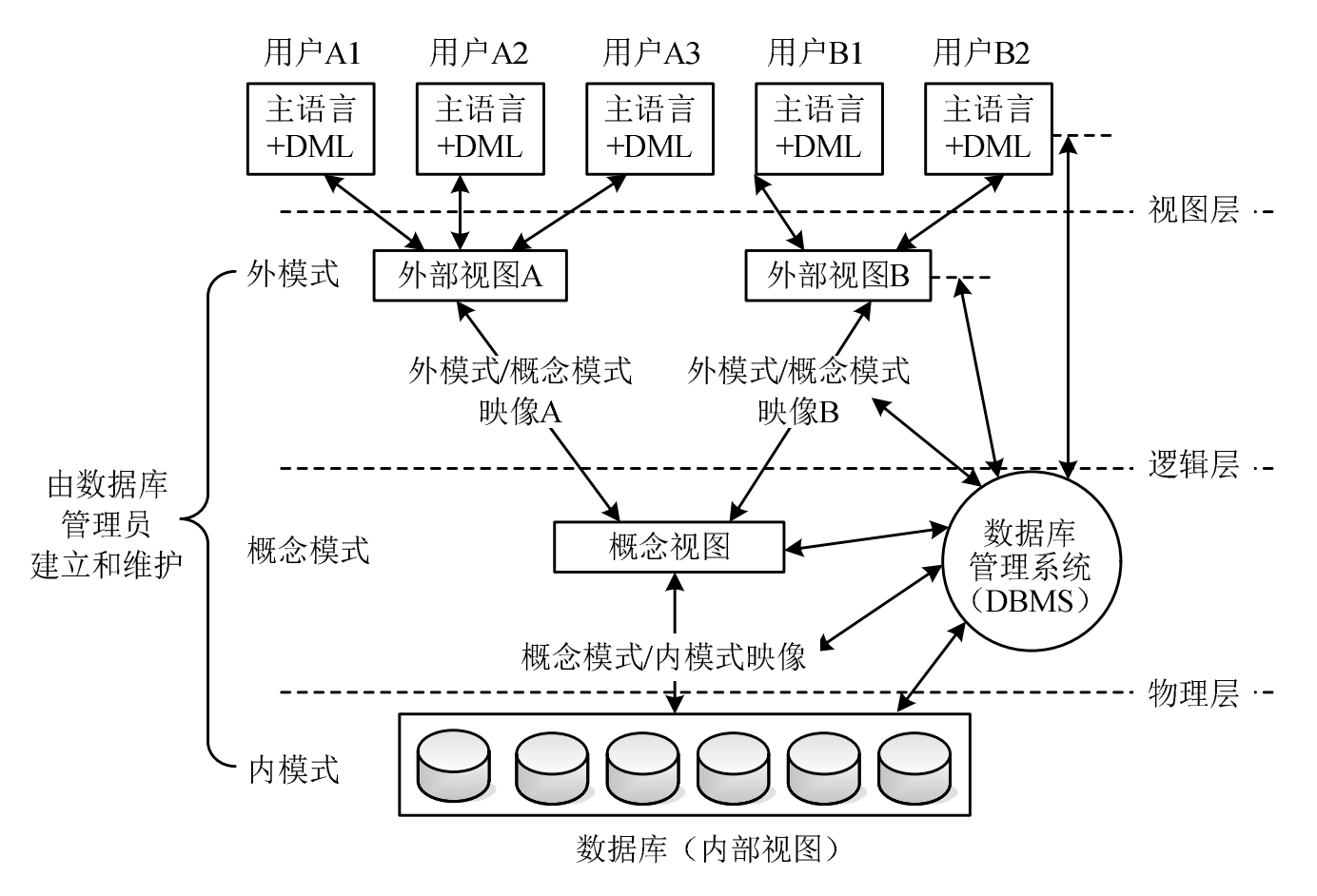



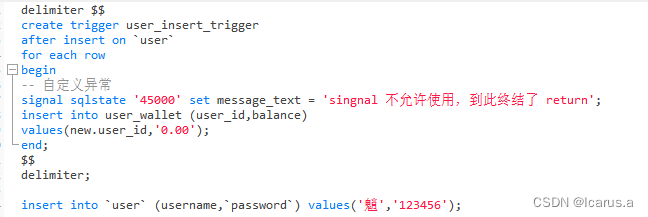
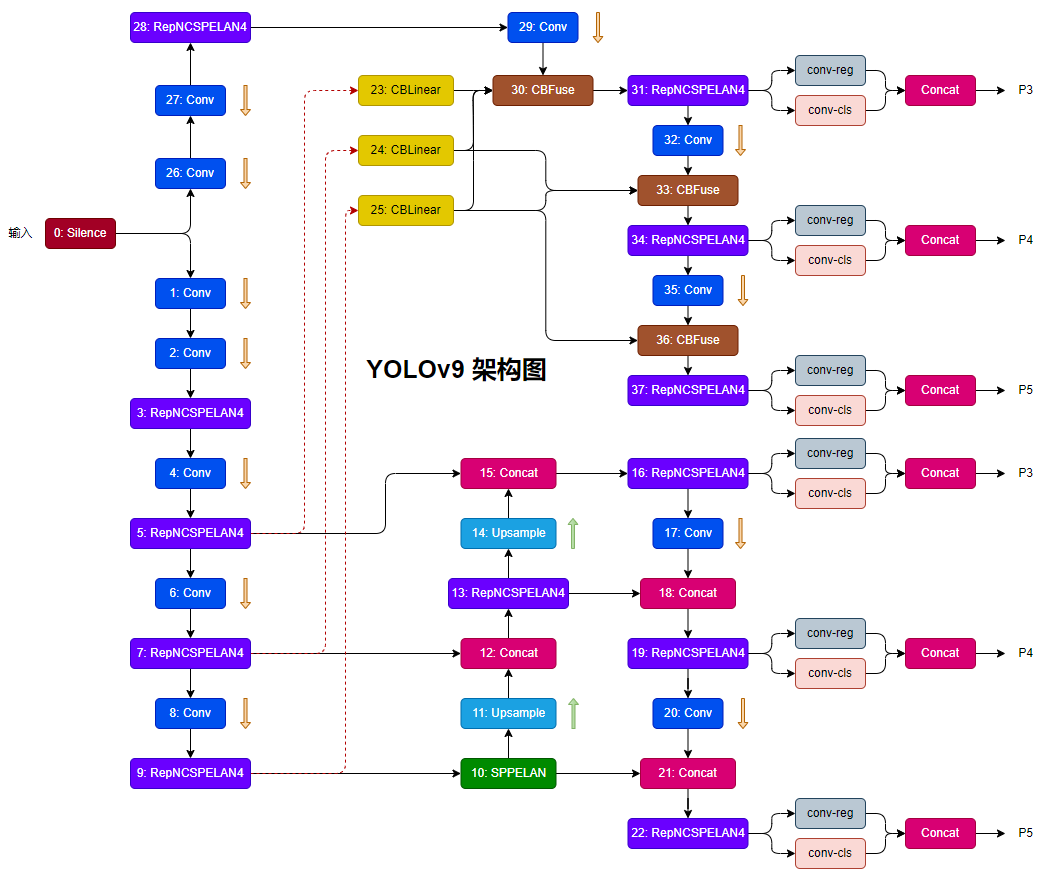






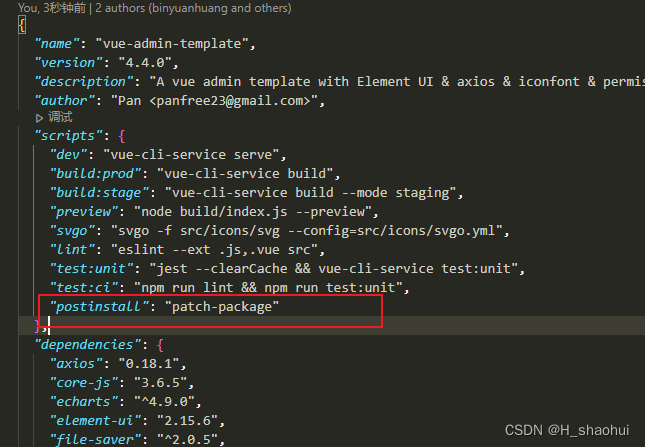
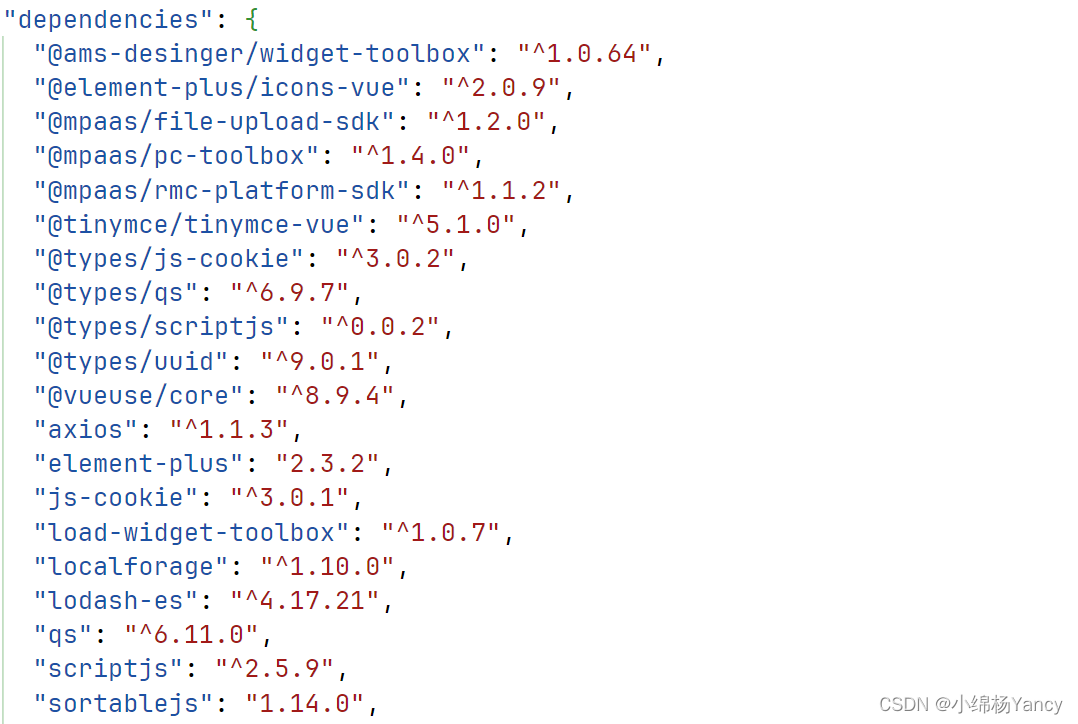
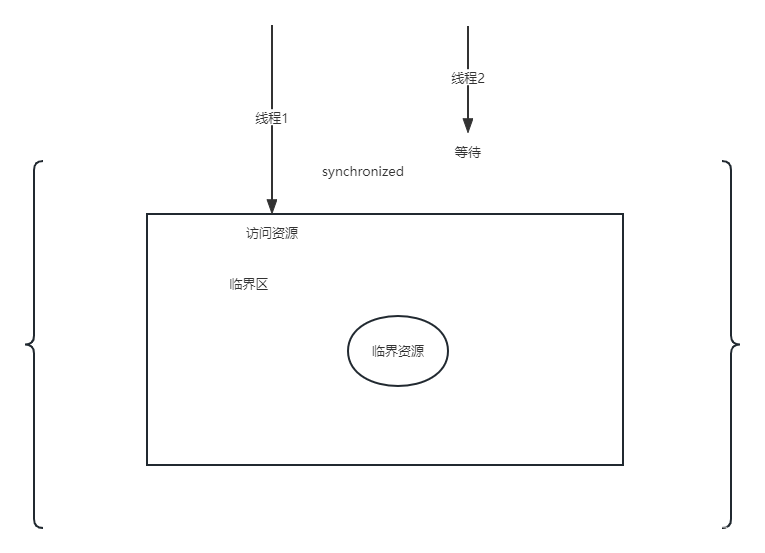
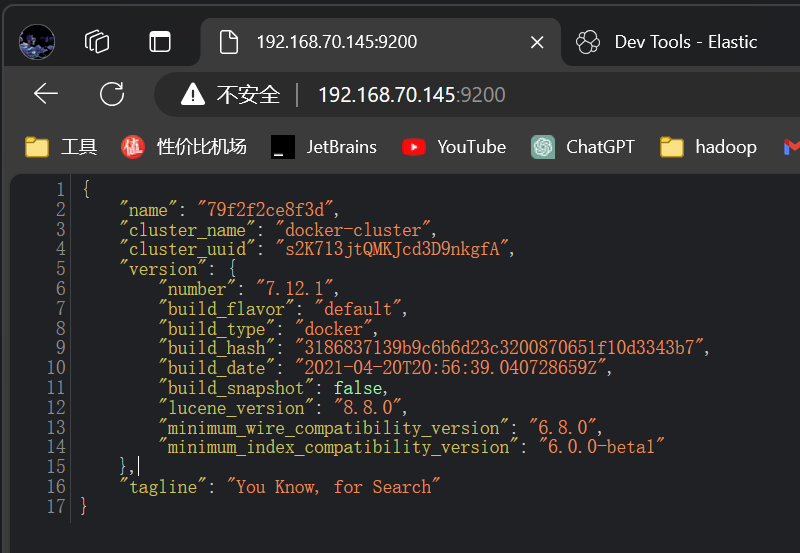
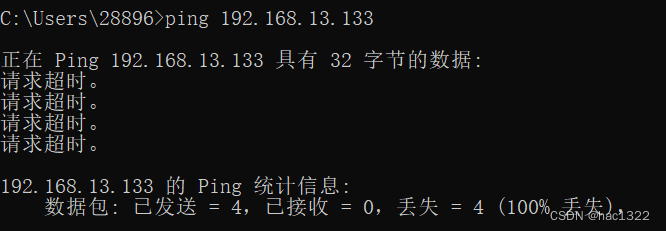
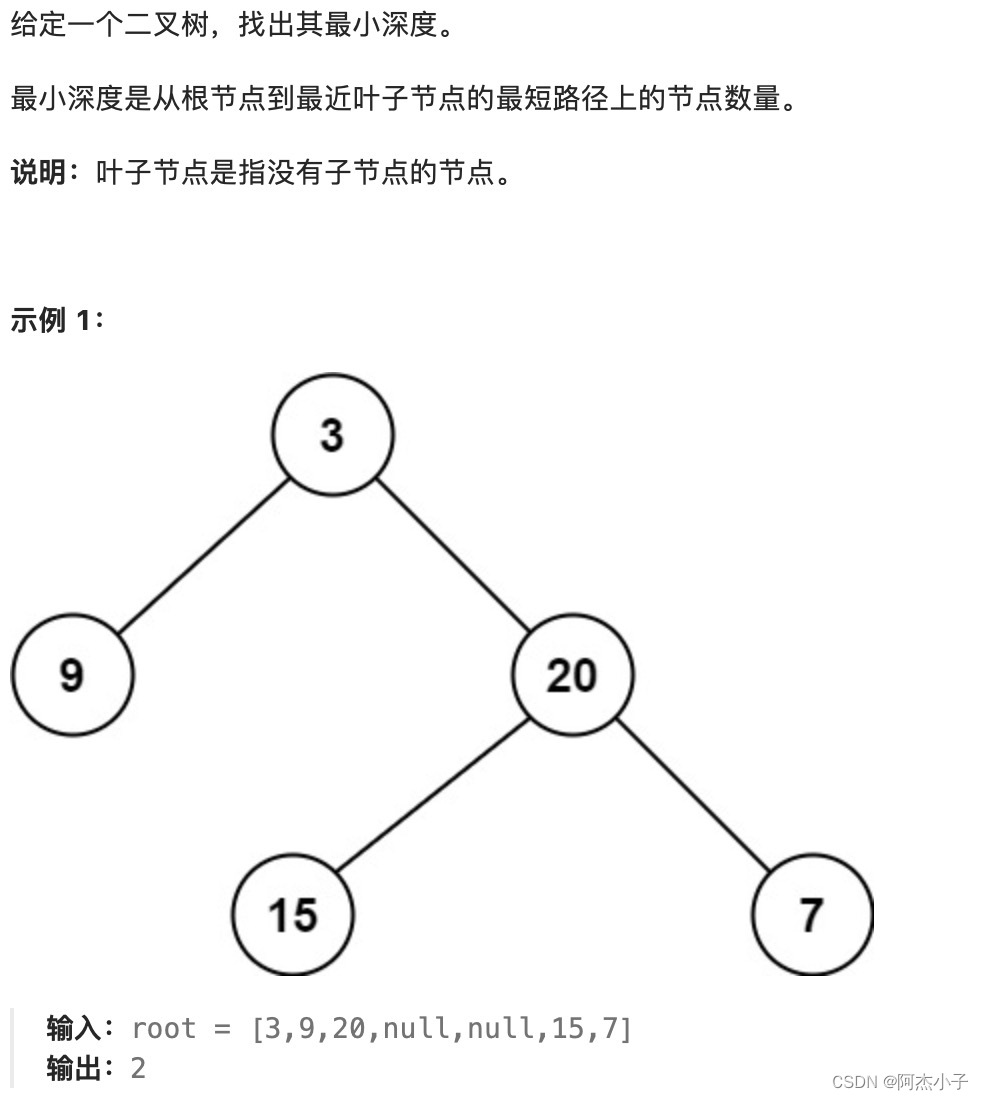



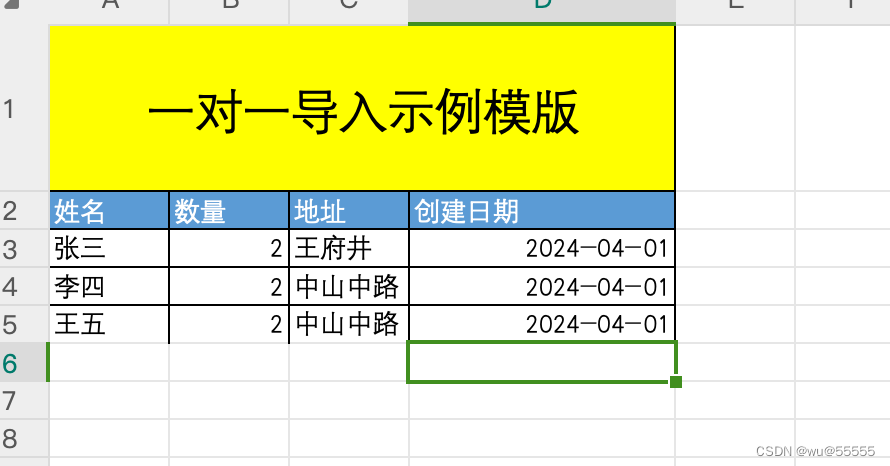




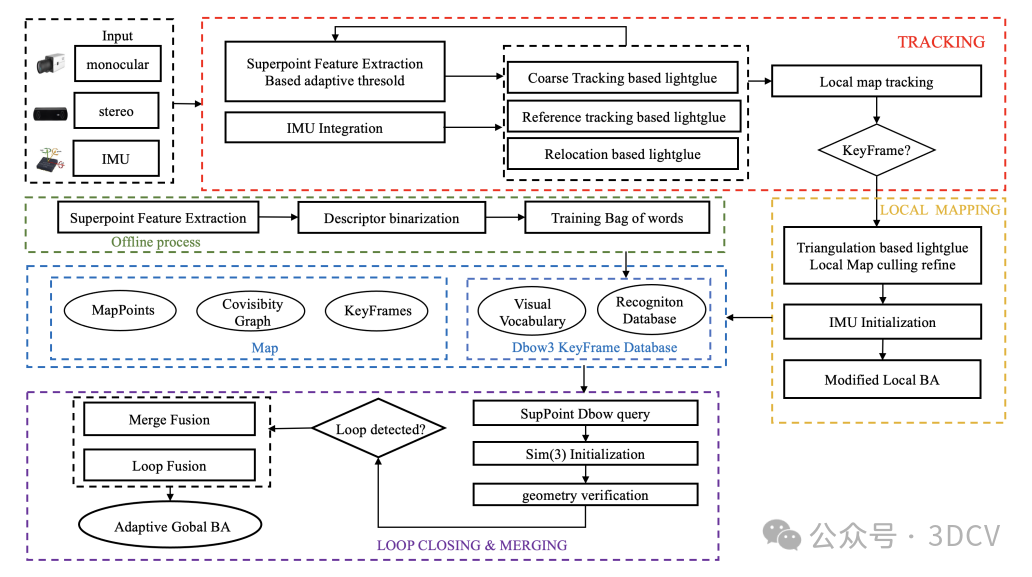

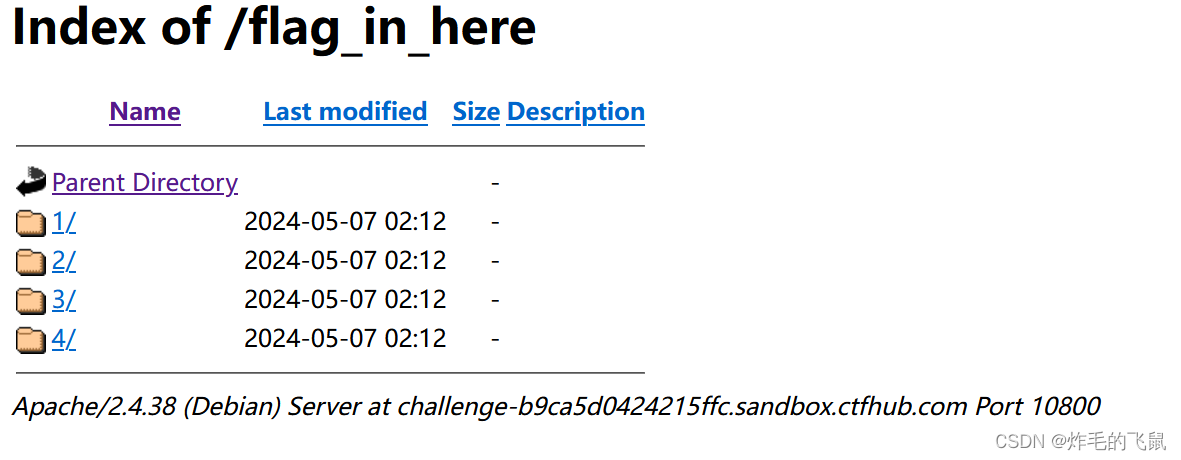
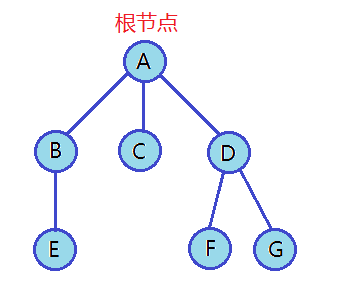
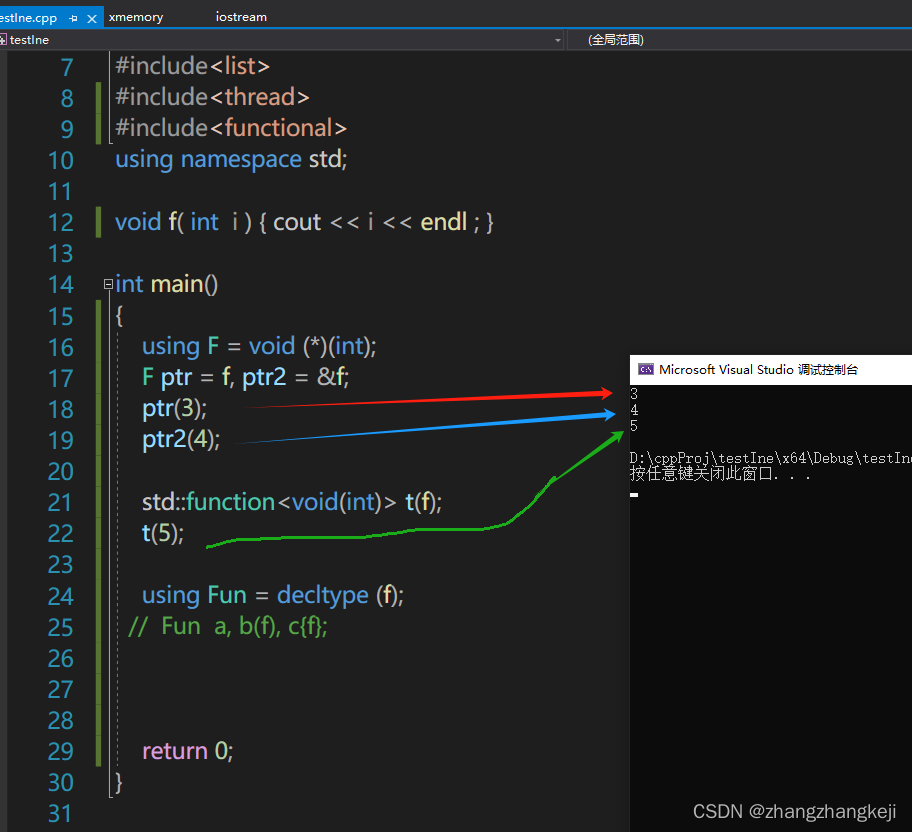
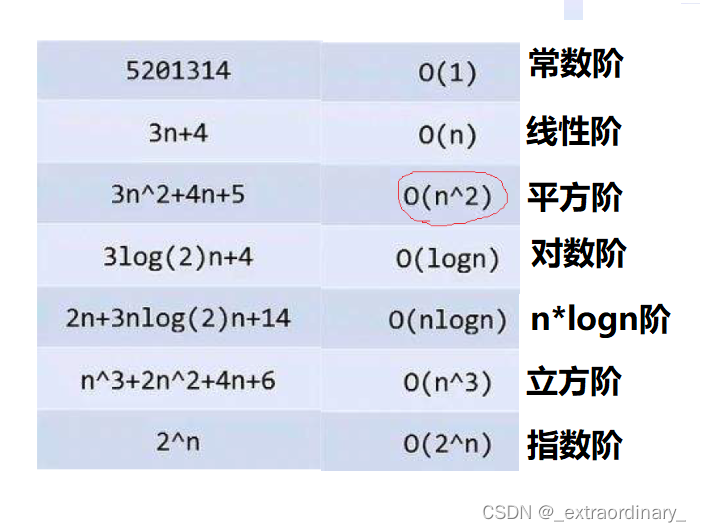
![[沫忘录]MySQL 锁](https://img-blog.csdnimg.cn/direct/e04c2e48c755451e8e24e93d50dea0f1.png)
